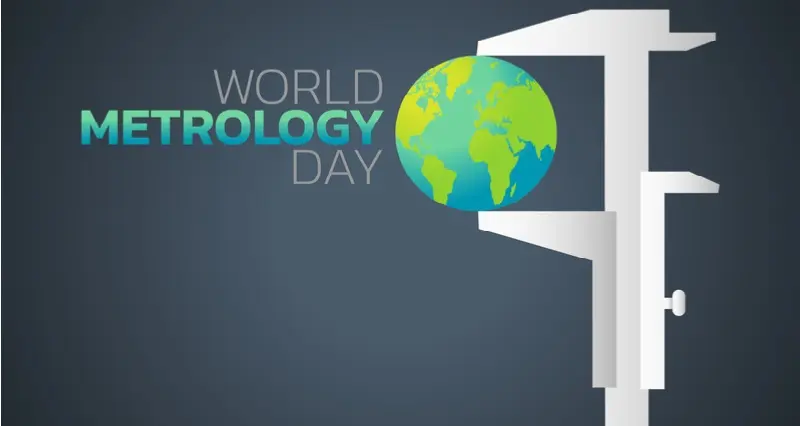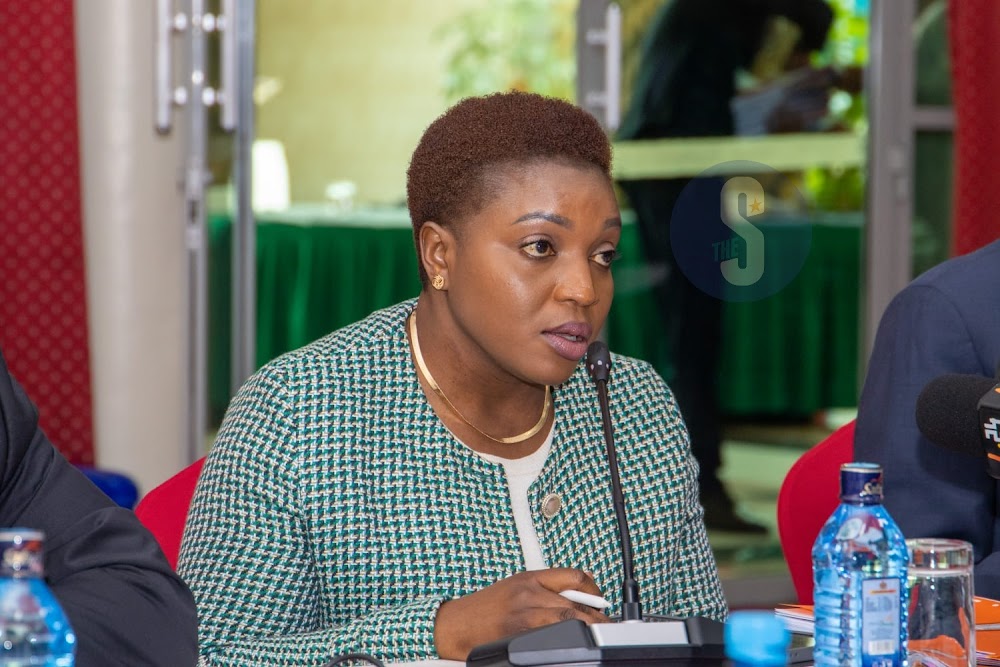The CS for Water and Sanitation Hon. Alice Wahome at the just concluded Africa Climate Summit has stated that the government is opening up the space for the private sector to participate in funding water projects. In the past, one of the biggest hindrance to clean water accessibility has been the limited funds and with the private sector’s participation, the funding gap will be closed by a significant gap.
Another challenge that largely contributes to the lack of funds in the water sector is the high percentage of Non-Revenue Water. The government water agencies loss a significant amount of revenue each years due to this, it being a large amount of water pumped but remaining unaccounted for. Involvement of the private sector will help curb this challenge, thus increasing revenue to the government agencies which ultimately will lead to better access for clean water and sanitation.
The private sector, be it individuals, private held companies or partnerships with NGOs participating in funding water projects is a win to the common Mwananchi especially those in marginalized areas. The ability for the private sector to give top priority to these areas will help the government solve the problem of accessibility, improving thousands of lives in the process.
Previously, the country has seen the politicizing of projects deter agencies from properly providing services such as clean water. The private sector with no vested political interests is best to reduce the chances of many Kenyans lacking clean water and sanitation services in affected areas. Funding water projects without bias, will go a long way to ensuring that all Kenyans have access to clean water all over the country.
Partnerships with the government and the private sector in protecting the water catchment areas is also a much needed plan of action. The Kenya Kwanza government has an ambitious plan to restoring about 10 Million hectares of forests and rangelands for the purpose of protecting water catchment areas in the country. Without the participation of all Kenyans including the private sector, this might be a far-fetched dream which will only mean more Kenyans will continue to suffer the consequences of drought and floods. The private sector is also key in ensuring the pollution of water bodies is eradicated.
Lastly, with the private sector participating in funding of water projects, there is room for the involvement of the community, especially the youth and women in solving a community’s problems. This is in term of volunteer services, employment opportunities and data collection which when published, aids the government in making decisions for the betterment of the country.
The Kenya Kwanza government is built on the foundation of service provision without bias. Partnerships with all sectors is key to reducing the risks the government faces, while also creating more avenues for revenue collection, employment opportunities and best of all, better access to basic human needs such as clean water and sanitation services.






